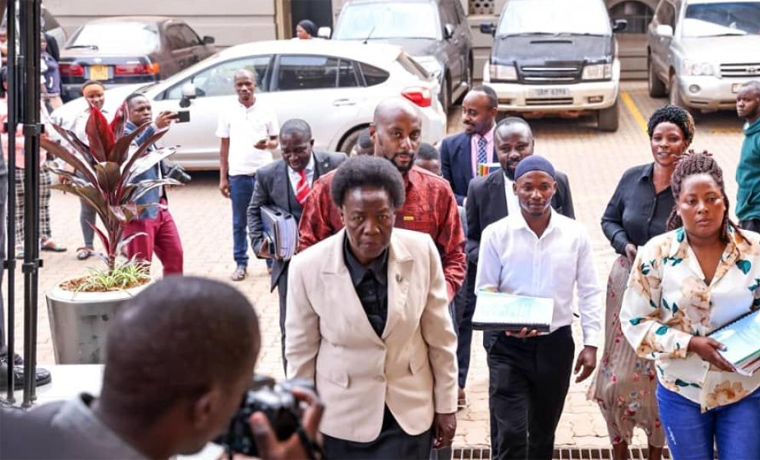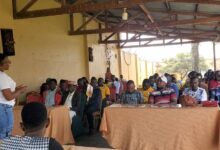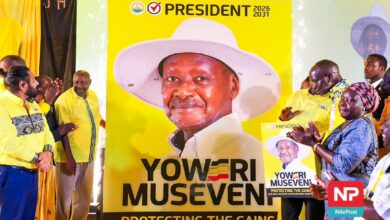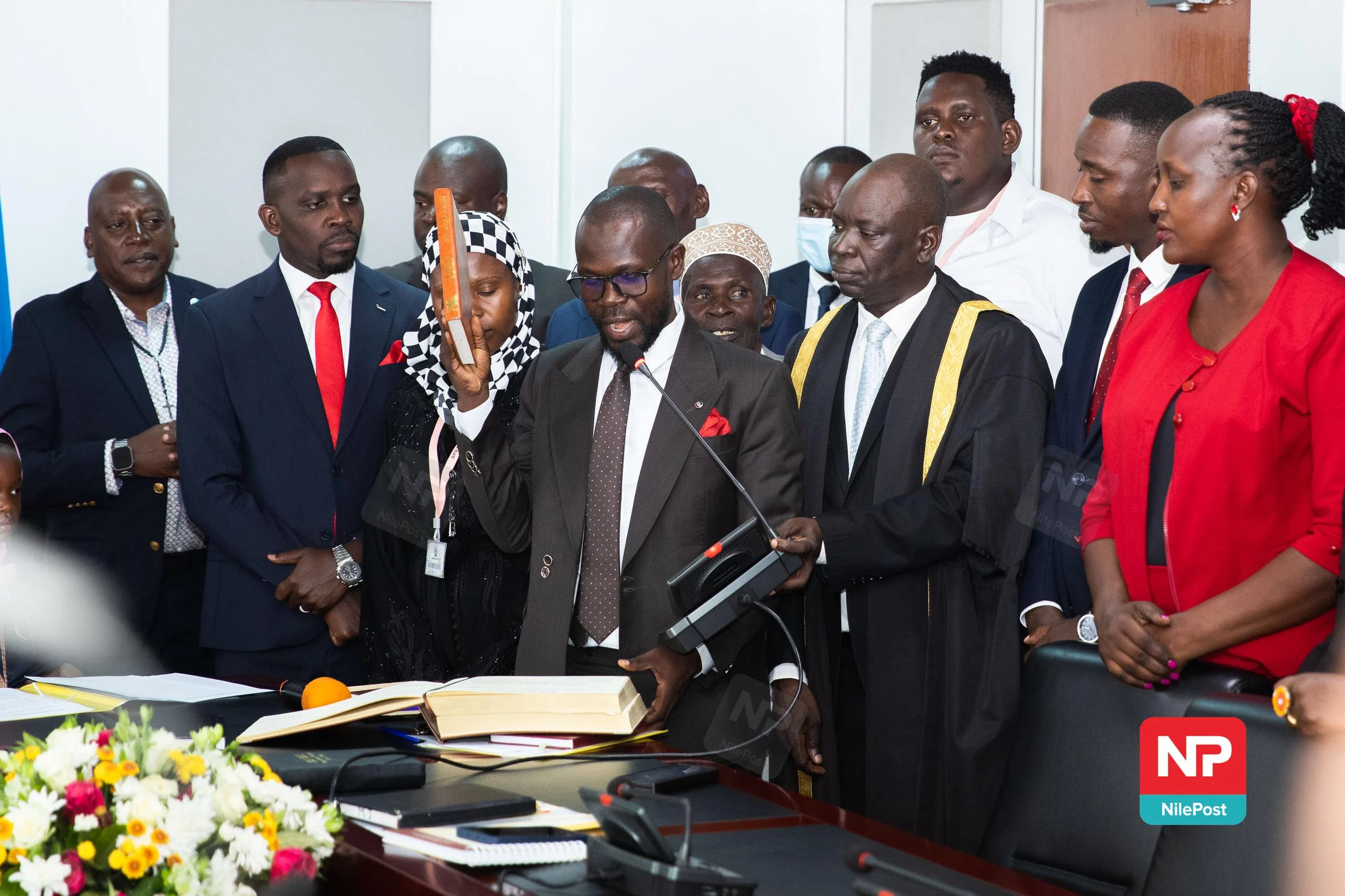NUP petitions Constitutional Court over return of civilians to Military Court

The National Unity Platform (NUP) has petitioned the Constitutional Court, challenging a new law passed by Parliament, the Uganda People’s Defence Forces (Amendment) Act, 2025.
In the petition, NUP, through its lawyers, argues that the law goes against the Constitution and disrespects a previous ruling made by the Country’s Supreme Court on January 30th 2025.
According to the petition, NUP has filed its case against the Attorney General, the Speaker of Parliament, Anita Among, and the Minister of Defence, Jacob Oboth Oboth. NUP is suing both of them personally and in their capacities, claiming they were involved in actions that violated the Constitution during the process of making and passing the law.
NUP says that the new law wrongly brings back military court powers that had been declared illegal by the Supreme Court in a case from 2021 (Attorney General versus Hon. Michael Kabaziguruka case). Specifically, the party is protesting the return of Section 119, which is now renamed Section 117A, which allows civilians to be tried in military courts.
The Supreme Court, presided over by the Chief Justice Alfonse Owiny-Dollo, had earlier this year ruled that this is unconstitutional.
The party also argues that the new law gives too much power to military courts, such as allowing them to try any kind of criminal case, even those that should be handled in normal civilian courts.
NUP believes this is a direct attack on judicial independence and undermines the authority of the civilian justice system.
According to the petition, the law allows military officers who are still serving in the army to sit on military court panels. It also gives the UPDF High Command the power to appoint judges and prosecutors in these courts, something NUP says should only be done by independent institutions like the Judicial Service Commission and the Director of Public Prosecutions (DPP).
The UPDF Amendment Act also sets up a new Military Courts Department under the General Court Martial, which NUP contends that it centralises too much power and removes any real independence from the military justice system.
The party argues that all these actions break key parts of Uganda’s 1995 Constitution, especially sections that protect the rights of civilians, the independence of judges, and the separation of military and civilian justice systems.
It’s NUP’s argument now that the process of making the new law was rushed and unfair. The Bill was introduced in Parliament on May 13, 2025, by Defence Minister Jacob Oboth Oboth. It was then quickly sent to two committees: Legal and Parliamentary Affairs, and Defence and Internal Affairs. Although some invitations were sent out to stakeholders to give their views, NUP argues that these were sent too late, and they were not able to participate meaningfully.
On May 20, 2025, just one week after it was introduced, the Bill was debated and passed by Parliament. Opposition MPs, led by Leader of the Opposition Joel Ssenyonyi, walked out of the session in protest. They said the Bill was unconstitutional and ignored a clear Supreme Court ruling.
Some MPs, like Jonathan Odur, also warned that the Bill would push Uganda towards military rule and dictatorship. He pointed out that there were still court cases pending that dealt with the same issues, including one filed at the East African Court of Justice and another before the Supreme Court by activist Male Mabirizi.
Despite these warnings, Parliament passed the Bill, President Yoweri Museveni signed it into law, and it was published in the government Gazette all in a matter of days.
NUP is asking the Constitutional Court to declare several parts of the new law unconstitutional. They want the Court to rule that Civilians should not be tried in military courts and that the military court system under the new law is not independent, that serving military officers should not serve as judges and that the appointments to military courts should not be made by the UPDF High Command.
The entire process of making the law was undemocratic, rushed, and ignored court orders.
NUP also wants the Court to stop Parliament and the government from ever passing similar laws again. They are further asking for a permanent court order (injunction) and for the government to pay for the legal costs of the case.
The petition is supported by sworn statements from NUP Secretary General David Lewis Rubongoya, Joel Ssenyonyi, and Jonathan Odur, all of whom argue that the government deliberately ignored the Constitution and disrespected the authority of the courts.
The matter is yet to be fixed for conferencing by the Constitutional Court, which will also fix it for hearing once the Government has defended itself.
In this case, NUP is being represented by Lawyers from Nyanzi, Kiboneka and Mbabazi Advocates, Pace Advocates and Nalukoola Advocates and Solicitors.







